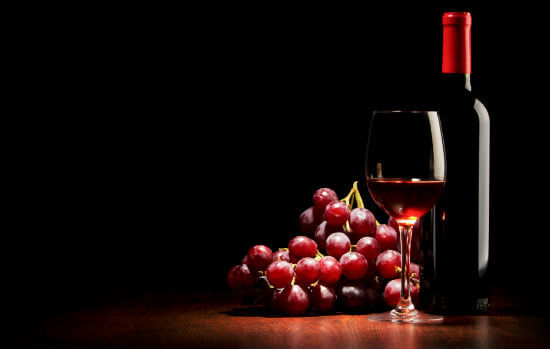Text João Barbosa | Translation Jani Dunne
For reasons I don’t need to mention, I have undergone face-to-face therapy and psychoanalysis. My experience doesn’t suit that joke about the patient that talks so much – which may be the case with many other people – that he puts the physician to sleep, makes them yawn or zone out and think about their shopping list.
Absolutely not. My therapist, who will remain anonymous, is the best in the world! Not that I have seen every psychoanalyst in the world, but because it’s the truth. And the truth is the truth – it’s undeniable, even if members of an investigation suggest otherwise. Like mothers: “the best in the world!”
Any good therapist will know what I mean. It helps to have somebody – who is not a part of the family or in our circle of friends, nor a work-colleague – to give us non-binding advice and acts as our mirror, asking us questions and making us think.
Whoever said that depression, nervous breakdowns or addictions cannot be (partly or entirely) healed with the help of a specialist has no idea what they are talking about. Some say that those are typical problems among rich people, lazy people or fools, etc.
No! No! And No! But one thing is for certain: you cannot be cured after five sessions. It’s expensive. But expensive is subjective. If you have a specific illness and your treatment costs a lot of money, that money never comes into the equation. However, it will be a significant sum. Each to their own pocket and each psychologist to their own price-per-appointment.
Psychologists will never replace family or friends. Although a strong emotional and affective bond is made, the psychologist is a specialised professional.
Besides, friends are like wine. I am using “wine” throughout this piece because it’s how I’m linked to Blend, but I should really be saying “alcohol”. Friends are supportive but they don’t help you heal. It’s the same with wine. A party without wine is an instant bore – of course some people overdo it and some people, because of alcoholism, can’t even touch it.

in pt.forwallpaper.com
Wine is joyful, it unleashes us, breaks the ice and makes us laugh. Don’t you enjoy have a chat with four friends? “Me, my friend and two glasses.” I think getting drunk, now and again, can be a good thing. As long as it’s only now-and-again, and as long as that you don’t get behind the wheel or go near heavy-duty machines afterwards.
We may have friends or mates in the workplace, but work is one thing and friends will be friends. In our job, we are trying to fulfil a mission, which we get paid for every month.
What I wrote above about “hygienic” inebriation is completely questionable and deemed reprehensible by many. It’s not a dogma. A friend who lends a shoulder to cry on or a cheerful hug can be just as clumsy a solution as over-drinking, despite the generosity.
Does wine help you forget? It may get some weight off, but it won’t erase your memory. Wine can throw a party? – Certainly not on its own. Wine, for an oenophile like me, is a friend. It’s not a spouse, though; it’s not the one you share your bed with, or your table, chores and bills.
Many doctors say that a glass of wine with meals (or just the one meal) is good for you. They always recommend a red, so I suspect it must be some kind of particle on the skin. If so, maybe grapes are healthier.
Another problem – a very serious one and a gateway to alcoholism – is to quench your thirst with wine. Alcohol, besides the fact that it creates all sorts of states of mind, is bad if taken in excess – whether in the short or in the long term. Furthermore, it dehydrates.
Water is the best thirst-quenching drink. You can’t beat it. Water is the best drink in the world. Wine can turn out to be a good friend or bad company; it’s a friend, it doesn’t fix the problem. To fix things, what you need is water and a psychologist.




Leave a Reply